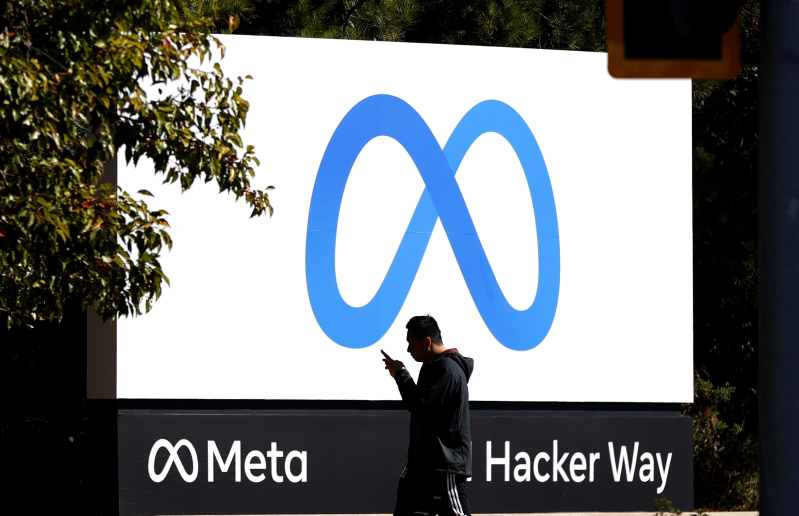
On Tuesday (Jan. 7), Meta CEO Mark Zuckerberg announced that the social media giant will shift away from using third-party fact-checkers and instead depend on users to contribute notes or corrections to posts on Facebook and Instagram. The change comes as the company admits mistakes and political bias that restricted free conversations on its platforms, a diversion from its core mission.
Meta unveiled a series of adjustments to its content moderation policies, effectively ending its longstanding fact-checking program, which had been implemented to combat misinformation on its platforms.
Some believe the significant shift signals that the company is positioning itself newly for the incoming administration under U.S. President Donald Trump. However, Joel Kaplan, Meta’s newly appointed global policy chief, said in an official statement: “We want to undo the mission creep that has made our rules too restrictive and too prone to over-enforcement.”
Similarly, Zuckerberg commented in a video statement: “It’s time to get back to our roots around free expression,” saying the current fact-checking system had “reached a point where it’s just too many mistakes and too much censorship.”
Instead of partnering with news organizations and other third-party groups, Meta will rely on its users to flag and add notes to posts that might contain false or misleading information, mirroring the Community Notes system used by X (formerly Twitter).
Zuckerberg admitted that this change would likely lead to more “bad stuff” appearing on the platform but believes it to be a necessary compromise. “The reality is that this is a trade-off,” he said. “It means that we’re going to catch less bad stuff, but we’ll also reduce the number of innocent people’s posts and accounts that we accidentally take down.”
Following President Trump’s re-election in November, Meta has worked to mend its strained relationships with conservative figures and groups. Zuckerberg emphasized that “recent elections” represented a “cultural tipping point towards once again prioritizing speech.”
The policy shift marks the end of an initiative launched eight years ago, following Trump’s initial election in 2016. At that time, Facebook faced widespread criticism for allowing unchecked misinformation to spread, including content from foreign entities aiming to sow division among Americans.
Under public pressure, Zuckerberg had turned to third-party organizations such as The Associated Press, ABC News and others vetted by the International Fact-Checking Network to review posts on Facebook and Instagram, annotating or removing those deemed false or misleading. But the system was frequently criticized by conservative voices who said the moderation was strongly biased towards allowing only progressive viewpoints on controversial and political issues.
In its statement, Meta announced that the new policy will rectify the situation. “We're getting rid of a number of restrictions on topics like immigration, gender identity and gender that are the subject of frequent political discourse and debate,” it says.
“It's not right that things can be said on TV or the floor of Congress, but not on our platforms.”





